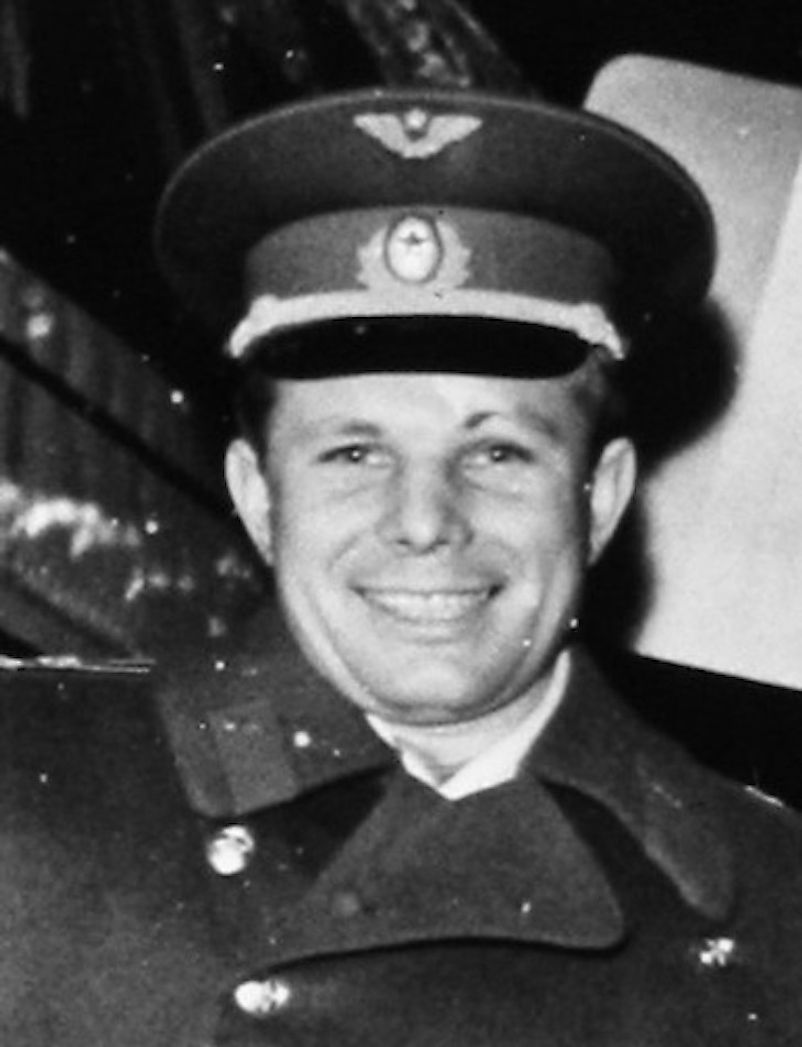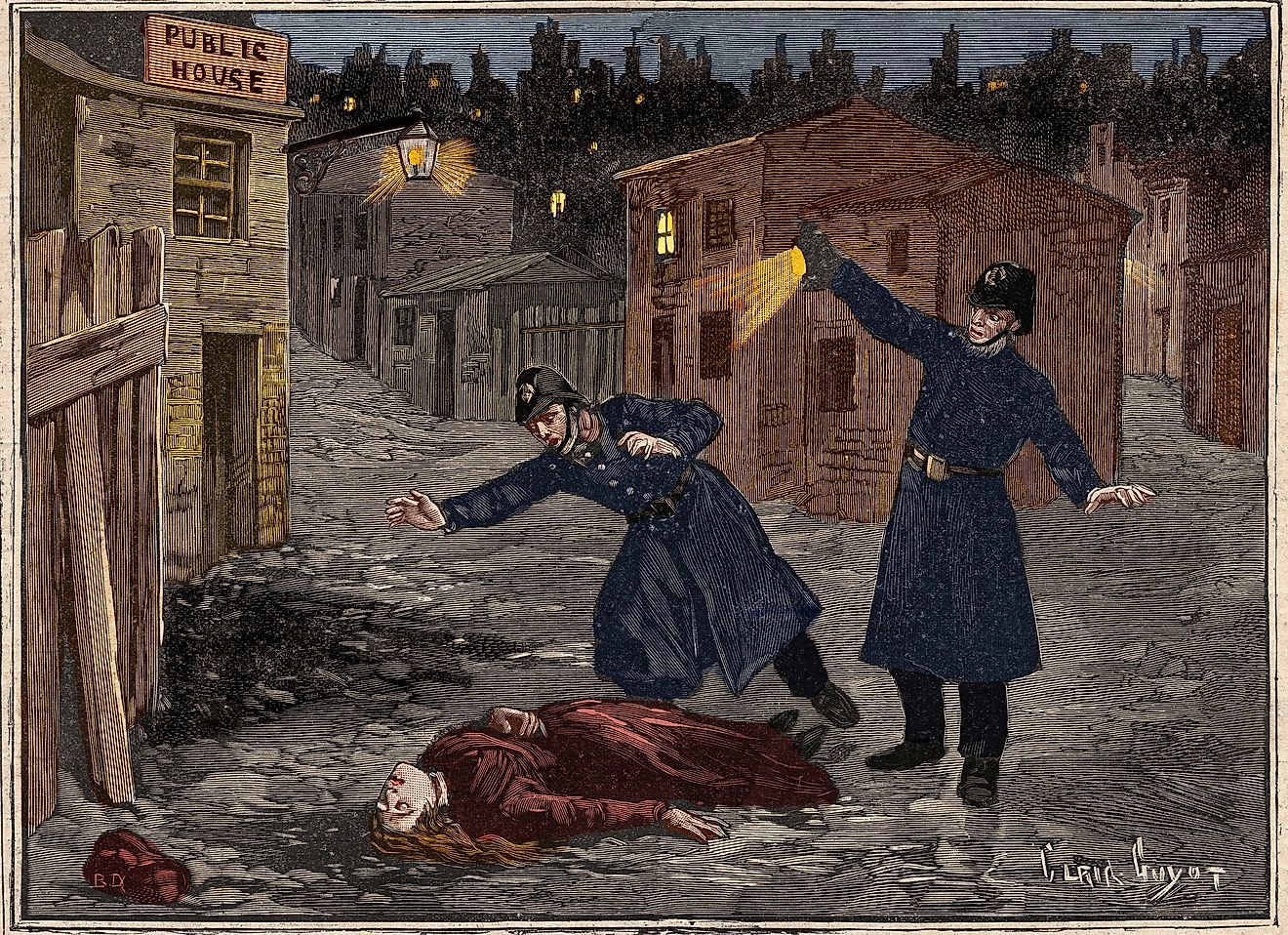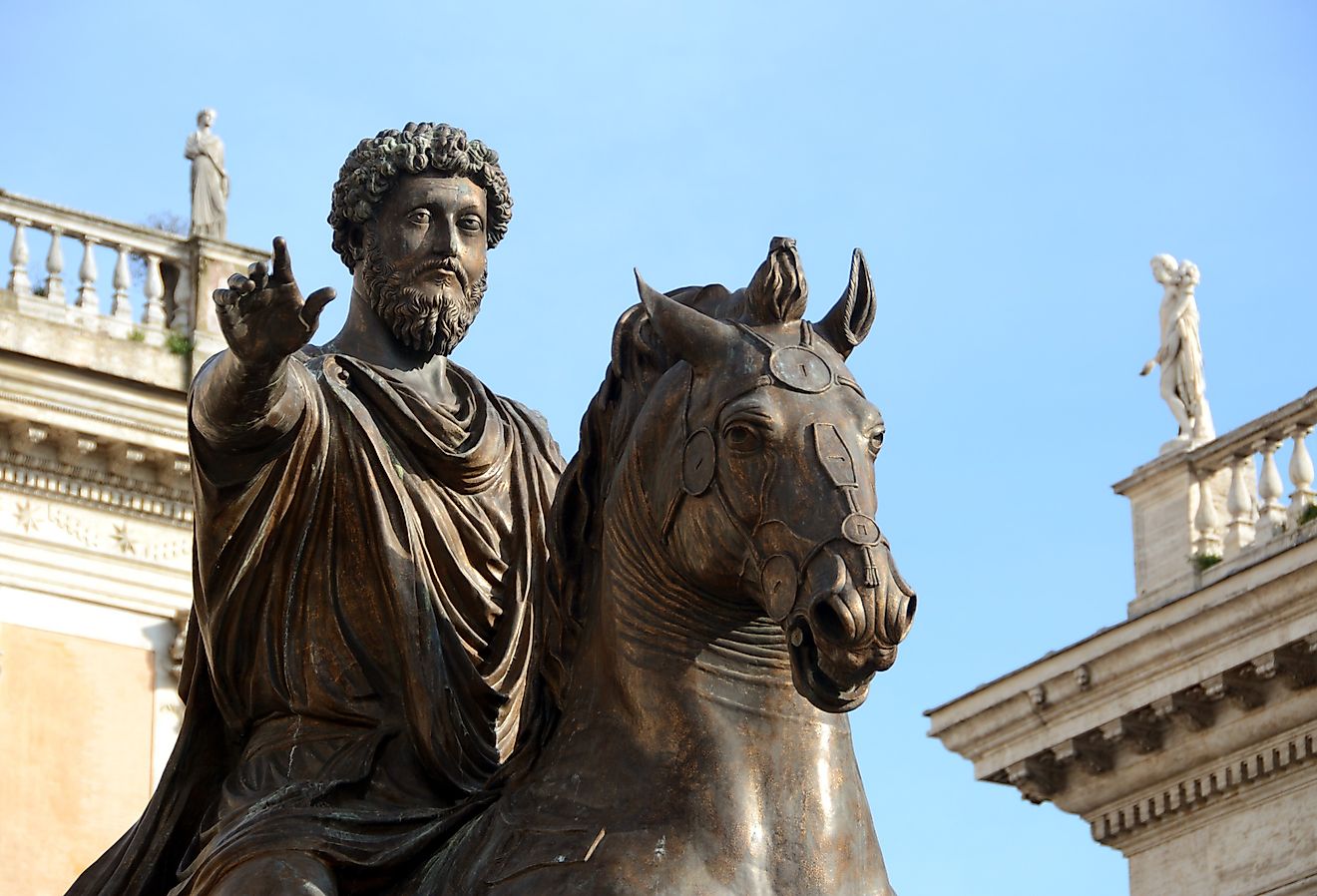Yuri Gagarin - Famous Explorers of the Universe

5. Early Life
A cosmonaut, pilot and international celebrity, Yuri Gagarin was the quintessential Soviet hero of his time. Gagarin was born into a humble background in Klushino, Soviet Russia, on March 9th, 1934. His parents worked on a collective farm, and he received his early education in his hometown. His academics continued in Gzhatsk, where his family moved after World War II. Then, in 1950, he was accepted for his Seventh Grade instruction in evening school and, at the same time, he worked at a local steel plant. The next year, he enrolled at the Saratov Industrial Technical School. Meanwhile, he also found the time to enroll at a local flying club while working part-time as a dock laborer.
4. Career
Gagarin started his career in space exploration as an airplane pilot. After his early flying days in Saratov, he enrolled at the First Chkalov Air Force Pilot's School, located in Orenburg. After graduating from the air force school, he was sent to Luostari Airbase, near the Norwegian border. Then, in 1960, Gagarin was chosen, along with 19 other pilots, to join the burgeoning Soviet space program. He was a first choice among the other pilots when they were asked who they thought should go up first in space. He was the pilot candidate who seemed to possess, and indeed did prove to have, the qualities needed to overcome the challenges to success in becoming the first human to fly into space.
3. Major Contributions
In 1961, he was on board the spacecraft Vostok I. The aim of the space flight before him was to put Russia into space ahead of the US. After the success of the Vostok I flight mission, Gagarin seemed to have taken the hearts and minds of the Soviet populace. He was the first man to go up in space, and the first to orbit the earth. His space flight was followed by a number of other achievements and accolades. In 1962, he was appointed to serve as a deputy in the USSR's legislature. He was later elected to the Young Communist League's Central Committee. Impatient to return to his first passion of flying, he went back to Star City, the training facility for cosmonauts. There, he worked on designing a reusable spacecraft.
2. Challenges
During his career as a pilot and cosmonaut, Gagarin was generally well-liked by his colleagues and the other people who came into contact with him. It was said that if there were to be any problems with a mission involving Yuri, they would have been technical-related, as his personality was said to be a complement, not a detriment, to the objectives of his work and profession. After his first flight into outer space, upon re-entry he had to remain conscious through forces that were equivalent to eight times those of the pull of gravity. He not only survived these, but remained conscious as well. Early in life, Gagarin had experienced a great deal of distress during the German occupation of his hometown, such as when a German officer took over his parents' home, and his family had to live at the back of their house in a mud-style dwelling. In 1943, his two older brothers were sent to labor camp in Poland, only to return two long years later after the conclusion of World War II.
1. Death and Legacy
Gagarin was eager to return to pilot life after serving in the Soviet government. However, on March 27th, 1968, on a training flight in a MiG-15UTl that he and Vladimir Seryogin were piloting, disaster struck. They encountered another MiG-15UTl which they almost collided with, and they were forced into a rapid dive resulting, in their loss of consciousness. Ultimately, the disastrous outcomes of the event cost them their lives. Many people were in disbelief that this exceptional man was gone. Gagarin is still remembered as the cosmonaut who always displayed his inimitable, radiant smile. He also learned to serve professionally as an important public figure, both as a hero pilot and as a Soviet government bureaucrat. Many high tributes have been assigned to him, and the date of his space flight is considered as one of the most important milestones in the history of space exploration, and that of Russia and the Soviet Union as well.











